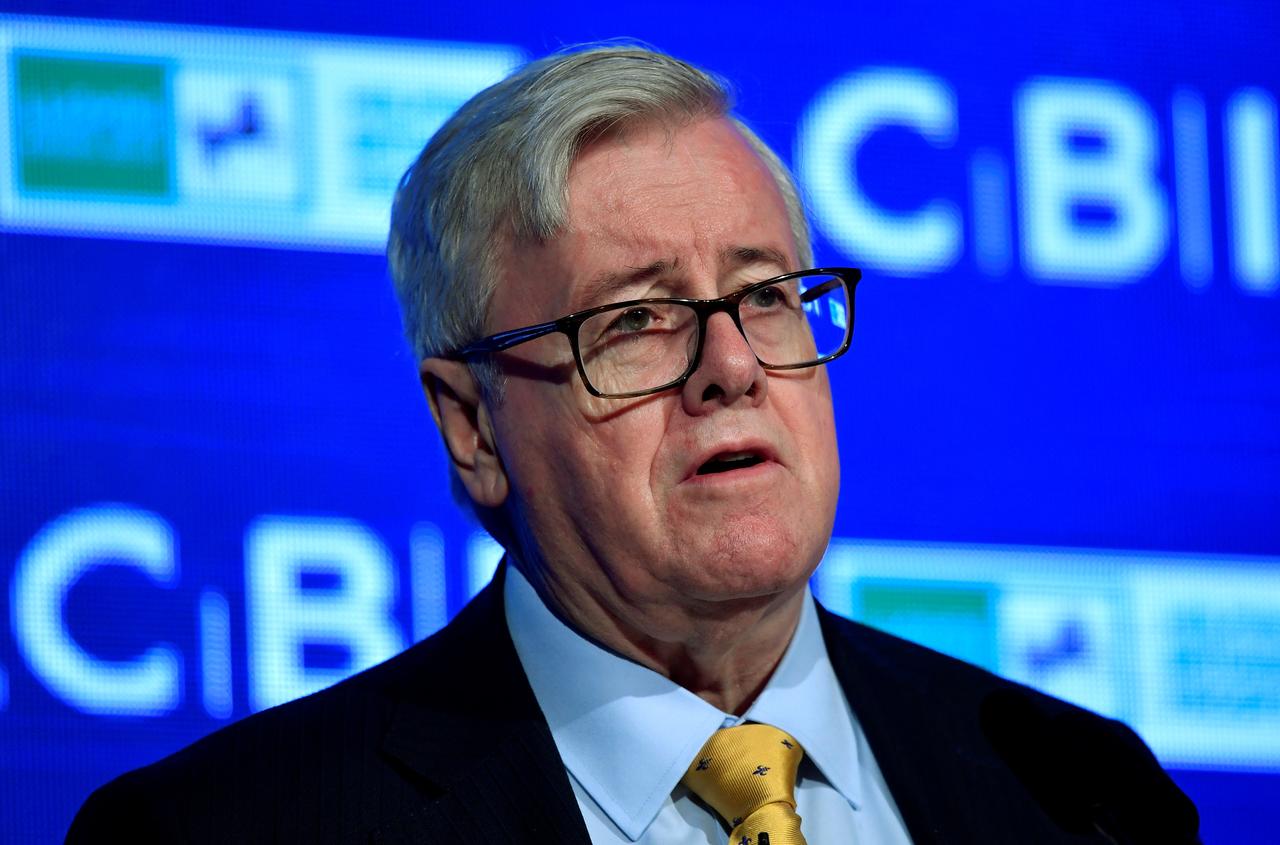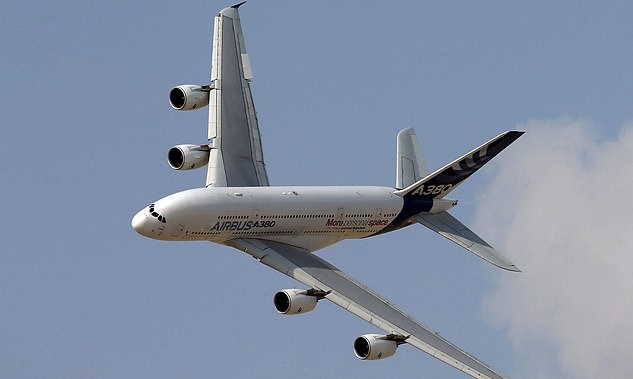Britain’s infrastructures whose large parts are being privately run are soon to be taken over by the Labour government, due to the landmark nationalization policy. These privately run parts of the infrastructure, which include the rail and water industries, will be nationalized in the multibillion-pound policy program. The first comprehensive policy includes the gas supply and electricity industry. It has a two-layered structure, one National Grid, and the second- DNOs or the Distribution network operators which are numbered at 14. The national grid is a singular entity that is listed publically onto the London Stock Exchange. The DNOs are the property of six mostly foreign big business groups.
The whole of the industry of energy networks of the UK will be nationalized by the act of parliament which will be passed by the labor party soon after they come to the office. All the suggestions related to the cooperative or mutual ownership were rejected. The reason was the favorable outcome that it will have on the Treasury. Billions of pounds are expected to stump up into the Treasury. The government plans to give compensation to the former owners of the energy network by giving government bonds in the place of the shareholdings.
Condemnation by business groups
Recently these plans came under the fire of the major business groups of the UK. They warned that the nationalization policy will adversely affect the investment and also cause a lot of damage to the small shareholders. The president of the Confederation of British Industry expressed his anticipation that the effects of this policy would be seen beyond the directly affected businesses. According to him, a partnership between the businesses and the government is the need of the hour, and this plan does not address the fact, and is, in fact, contrary to it.
Reaction from the Labour party
However, the would-be minister of finance of the Labour party brushed aside these warnings by saying that most countries have this type of system; whereby the basic utilities like energy and water are a part of an ‘essential partnership’ of the businesses and the government. These systems, according to him, are vital to providing reliable as well as affordable services. He expressed disappointment with the CBI saying that it was engaging in an unnecessary scaremongering as no such problems would arise. He considered such systems very basic to the business-government partnerships as exemplified across the globe.
On the other hand, the CBI criticized the politicians for not being able to agree over a Brexit plan through the past year. They also told the parliament to support the most recent unveiling of Prime Minister Theresa May, related to an exit deal. On the contrary, Jeremy Corbyn, the Labour leader, said that May’s offer will not receive a backing from his party calling it a “rehash of the government’s position. In the same way, the leading eurosceptic conservatives have also said that they will be voting against the offer in the coming month.





















